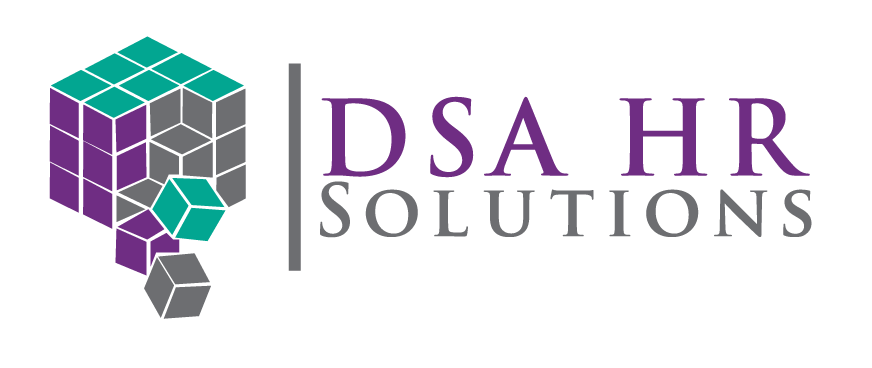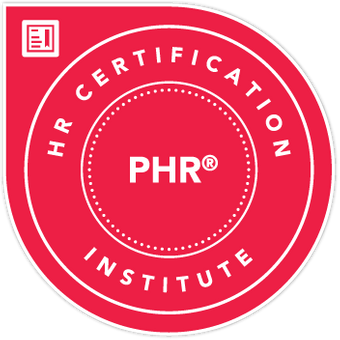By: Jennifer Cooper
Applicants with criminal records have some legal rights under California and Federal law. California provides a variety of protections for applicants with criminal records.
For example, California employers may not ask about or consider the following:






